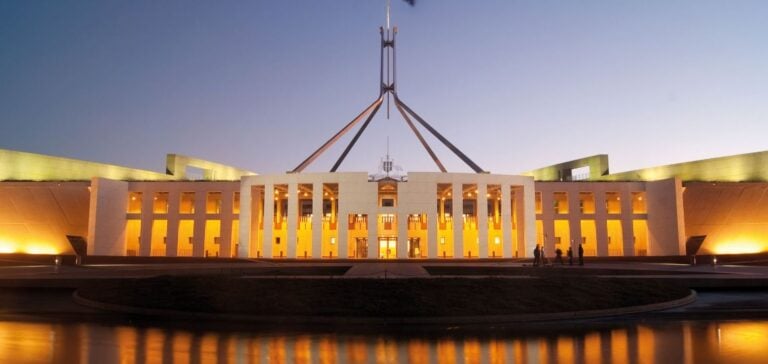Australia has introduced the **Future Made in Australia (Production Tax Credit and Other Measures) Bill 2024**, aimed at boosting renewable hydrogen production and increasing the involvement of Indigenous businesses. This legislation, announced by Climate Change and Energy Minister Chris Bowen, outlines fiscal incentives and provides clarity for investors in this strategic sector.
As part of the bill, a **tax credit of A$2/kg ($1.30/kg)** will be provided for each kilogram of renewable hydrogen produced. This measure will apply between 2027-28 and 2039-40, for a maximum duration of ten years per project. It aligns with announcements made during the federal 2024-25 budget.
Chris Bowen stated that the bill is designed to seize economic and industrial opportunities from the global net-zero transformation. “This bill will unlock private sector investment to build a stronger, more diversified, and resilient economy powered by renewable energy,” he said.
Incentives for Strategic Projects
The incentives outlined in the bill will only be available for operational projects producing hydrogen or processing critical minerals essential for manufacturing wind turbines, solar panels, and electric vehicles. The specific requirements will be detailed through rules set by the Treasury, with further public consultation planned.
According to the minister, these tax credits will foster the development of new industries critical to achieving climate goals while enhancing the country’s economic resilience.
A Favorable Context for Investments
This legislation comes as Australia rolls out the **Hydrogen Headstart** program, worth A$2 billion. In December 2023, six projects were shortlisted, including BP Low Carbon’s H2Kwinana project in Western Australia and Stanwell’s CQ-H2 project in Queensland.
Data from S&P Global shows that Australia has approximately 180 renewable or low-carbon hydrogen projects with a combined projected capacity of 16.97 million metric tons per year.
Globally, hydrogen production costs vary. For instance, in Queensland, hydrogen produced via alkaline electrolysis is assessed at **$6.76/kg** (including capex), reflecting a 53% month-on-month increase. In Japan, the cost stands at **$5.78/kg** over the same period.
These initiatives position Australia as a key player in renewable hydrogen development, drawing the investments needed to achieve a green and resilient economy.






















